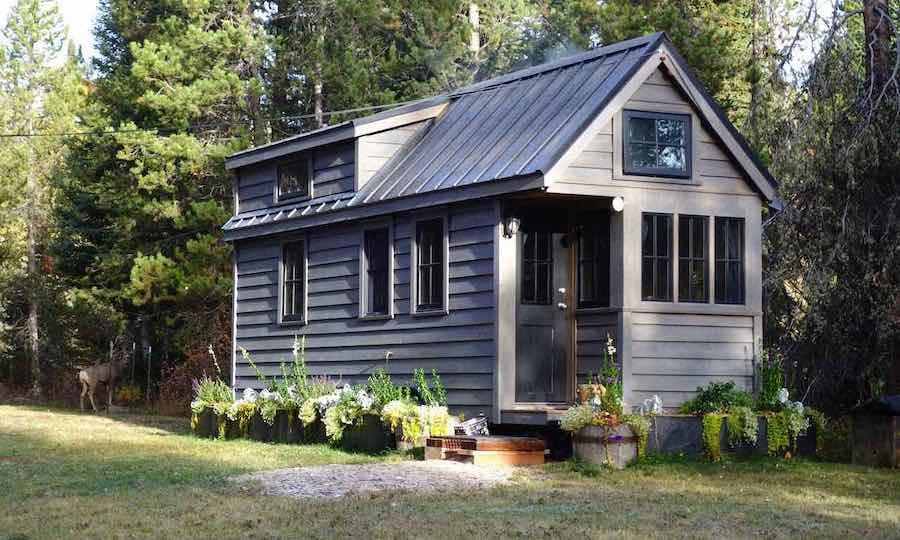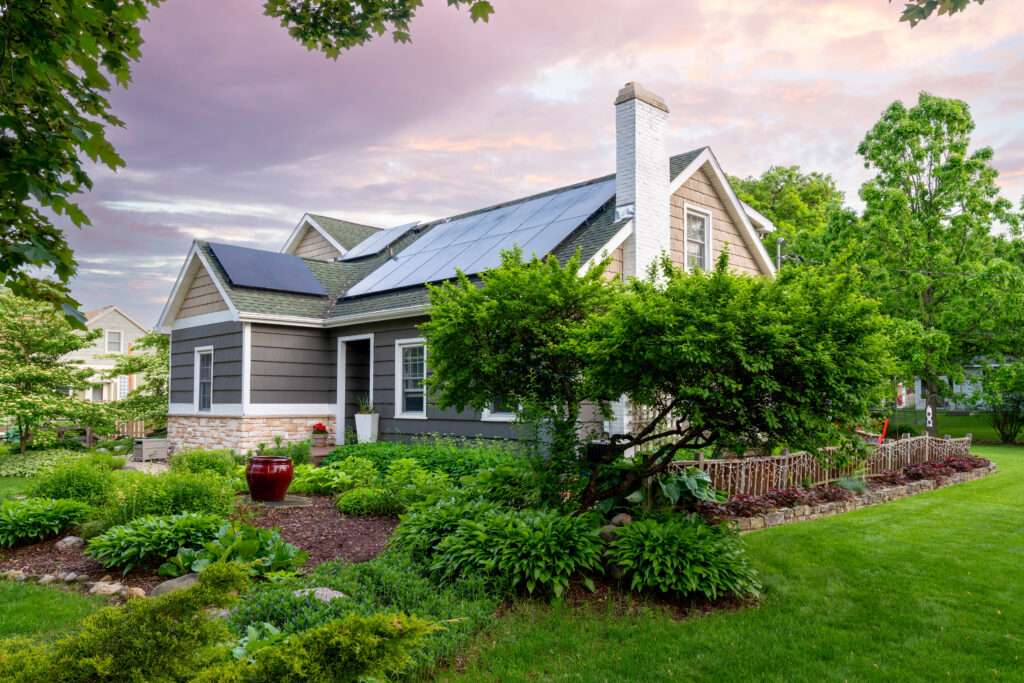Looking to maximize your financial savings? Living off the grid might just be the answer you’ve been looking for. By eliminating utility bills and reducing overall living expenses, this alternative lifestyle can provide significant financial benefits. But don’t jump in blindly, careful planning and an efficient off-grid setup are crucial for success. Setting realistic goals and following step-by-step processes will ensure a smooth transition. Personal responsibility and adaptability are key traits to cultivate, as living off the grid may come with challenges such as loneliness for those used to constant connection. Embracing a frugal lifestyle and reducing reliance on modern amenities are also essential. However, once you’re set up, the cost of living can be relatively cheap, providing you with independence and a closer connection with nature. Plus, don’t forget the joy of gardening and spending more time outdoors, which are integral aspects of this off-grid way of life.
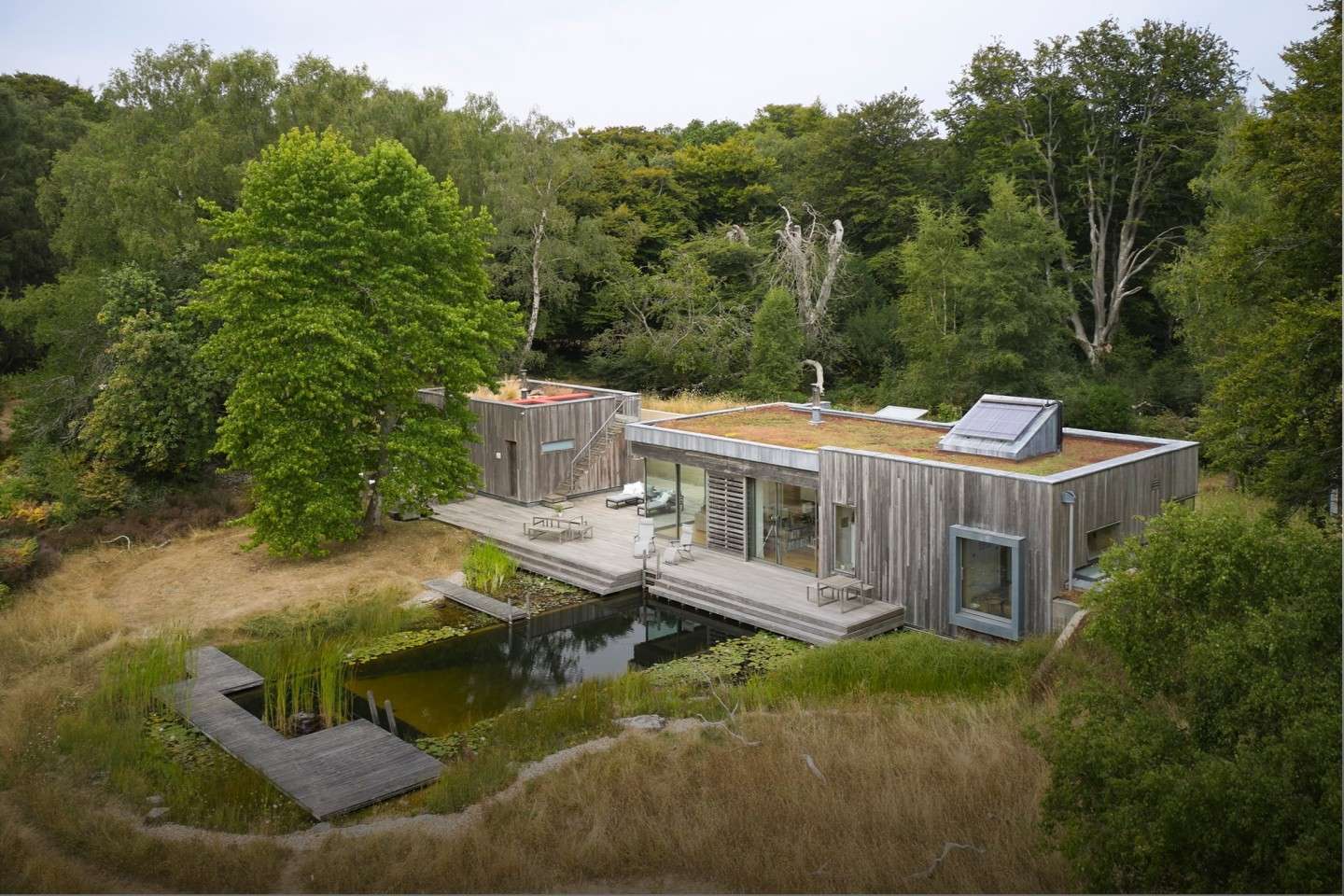
Why Choose to Live Off the Grid
Living off the grid has become an increasingly popular choice for individuals seeking a more sustainable and self-sufficient lifestyle. There are several compelling reasons why you might consider making the switch.
Financial Savings
One of the most enticing reasons to live off the grid is the potential for significant financial savings. By eliminating utility bills and reducing overall living expenses, you can experience a newfound sense of financial freedom. With careful planning and an efficient off-grid setup, you can drastically reduce or even eliminate your dependence on external sources of power, water, and heating. This independence can lead to substantial long-term savings, allowing you to allocate your resources towards other important aspects of your life.
Environmental Benefits
Living off the grid also has notable environmental benefits. By reducing your reliance on fossil fuels and minimizing your carbon footprint, you are actively contributing towards a more sustainable future. Generating your own electricity through renewable energy systems such as solar or wind power reduces the strain on traditional energy sources and helps combat climate change. Additionally, off-grid living encourages a more conscious approach to resource consumption, promoting sustainable practices such as water conservation and waste management.
Increased Independence
Another compelling reason to choose off-grid living is the increased sense of independence it offers. When you rely on traditional utilities, you are at the mercy of external factors such as power outages or fluctuating energy prices. However, by generating your own power and resources, you gain greater control over your living conditions and reduce your vulnerability to these external factors. This self-reliance can enhance feelings of empowerment and personal fulfillment.
Closer Connection with Nature
Living off the grid provides an unparalleled opportunity to connect with nature on a deeper level. In the midst of bustling cities and constant digital distractions, off-grid living offers a chance to escape to a more serene and natural environment. Being surrounded by the sights and sounds of nature can foster a greater appreciation for the Earth and its resources. Gardening, hiking, and other outdoor activities become more than just hobbies; they become integral parts of your daily life, providing a sense of purpose and fulfillment.
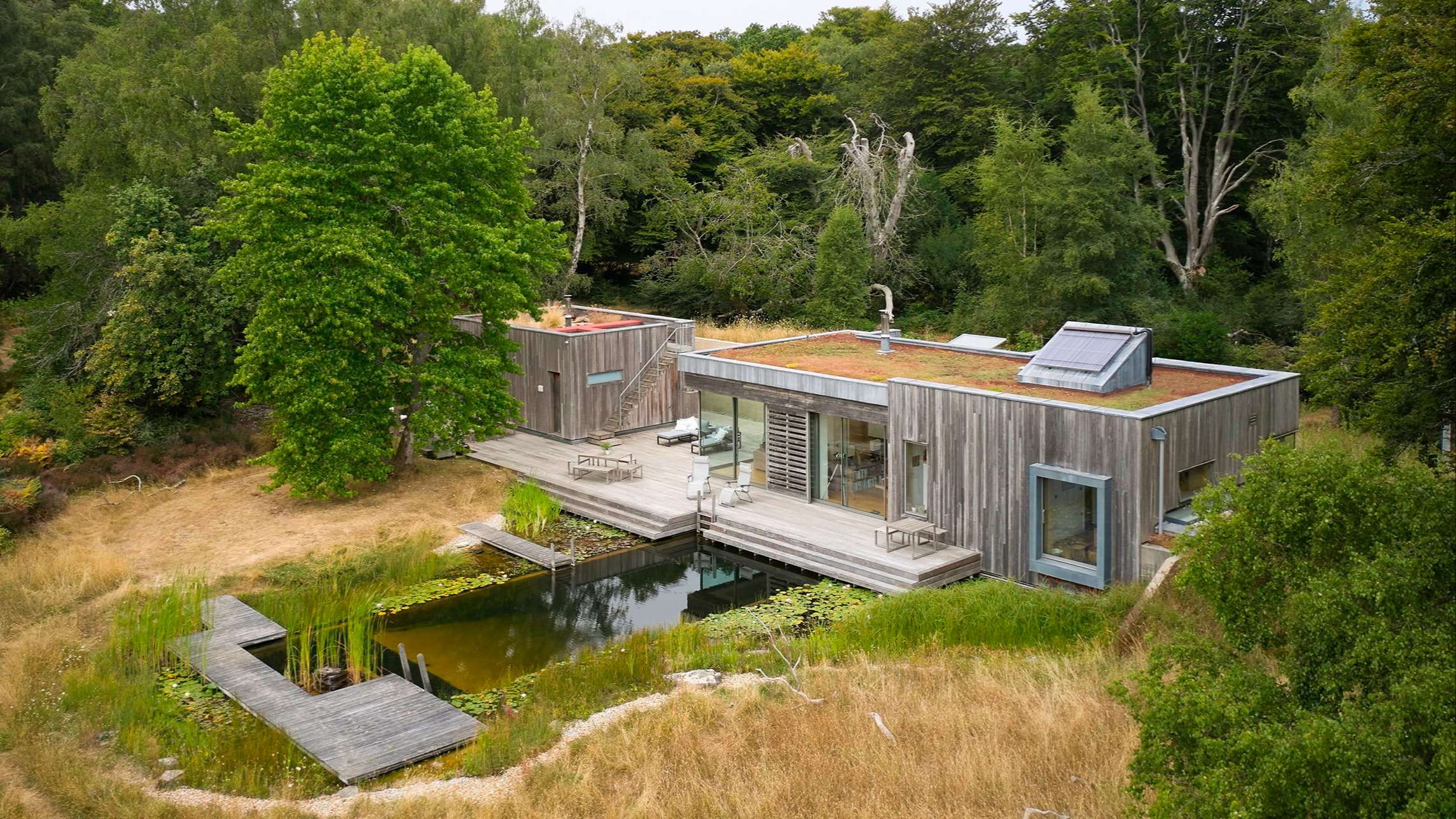
Planning for Off-Grid Living
Before embarking on your off-grid journey, it is essential to engage in thorough planning. Consider the following factors to set yourself up for success.
Assessing Power and Energy Needs
Start by assessing your power and energy needs. Consider your daily energy consumption, including electricity for appliances, lighting, and heating or cooling systems. Take into account any energy-intensive activities or equipment that may require additional power. This assessment will help determine the size and capacity of your off-grid power system, whether it be solar, wind, or a combination of both.
Budgeting and Cost Analysis
Next, establish a budget and conduct a cost analysis. Determine your financial constraints and allocate funds accordingly. Research the costs associated with purchasing and installing renewable energy systems, water collection and filtration systems, as well as other essential components of your off-grid setup. Keep in mind that while there may be a significant upfront investment, the long-term savings can outweigh these initial costs.
Acquiring Suitable Land
Finding suitable land for your off-grid lifestyle is crucial. Look for properties with access to ample sunlight, ideal for solar power systems. Consider the availability of water sources and resources required for sustainable living, such as land suitable for gardening. Additionally, take into account any zoning restrictions or regulations that may impact your off-grid plans.
Obtaining Necessary Permits and Permissions
Before settling on your chosen property, ensure that you understand and comply with any necessary permits or permissions required for off-grid living. Research local building codes, zoning regulations, and environmental restrictions that may apply to your intended off-grid setup. Taking the time to familiarize yourself with these legal requirements will prevent future complications and ensure a smooth transition to your off-grid lifestyle.
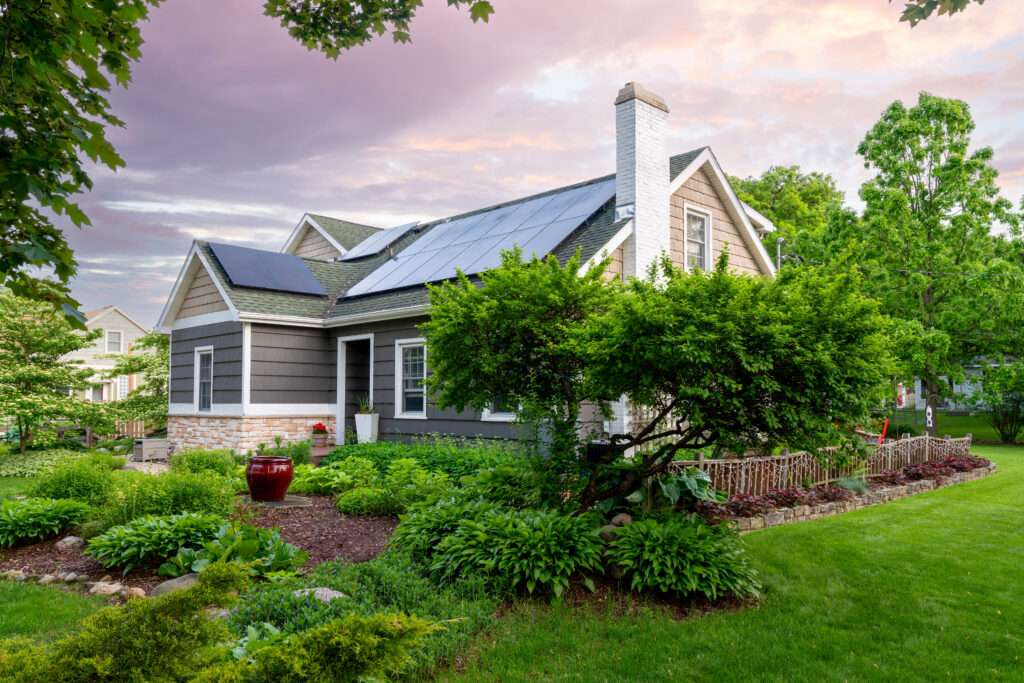
Essential Components of an Off-Grid Setup
To create an efficient and sustainable off-grid lifestyle, certain components are essential to consider.
Solar Power Systems
Solar power systems are one of the most common and reliable sources of off-grid energy. By harnessing the sun’s energy through photovoltaic panels, solar power systems can generate electricity that powers your off-grid home. Depending on your energy needs, you may choose to invest in a grid-tied system with battery storage or an independent system that operates solely on solar power.
Wind Power Systems
In addition to solar power, wind power systems can supplement your off-grid energy needs, especially in areas with consistent wind resources. Wind turbines capture the kinetic energy of the wind and convert it into electricity, contributing to a more resilient and diverse off-grid power supply. When combined with a solar power system, wind power can provide a reliable source of energy, ensuring that your electricity needs are met even during periods of low solar production.
Water Collection and Filtration
For off-grid living, it is crucial to establish a reliable water collection and filtration system. Depending on your location and climate, various methods such as rainwater harvesting or well drilling may be suitable. Implementing an effective water filtration system ensures that your water supply is safe and potable, reducing reliance on external sources and providing a self-sufficient water solution.
Sustainable Waste Management
Waste management is essential in maintaining a sustainable off-grid lifestyle. Implementing composting systems, recycling practices, and minimizing waste generation can significantly reduce your environmental impact. Consider establishing a composting system for organic waste, reusing and repurposing materials whenever possible, and implementing recycling practices to minimize landfill contributions.
Efficient Heating and Cooling Solutions
Heating and cooling are crucial aspects of off-grid living, especially in regions with extreme temperatures. Incorporating efficient heating and cooling solutions, such as radiant floor heating, passive solar design, or energy-efficient wood stoves, can help maintain a comfortable living environment while minimizing energy consumption. Prioritize insulation and energy-efficient building materials to further reduce your heating and cooling needs.
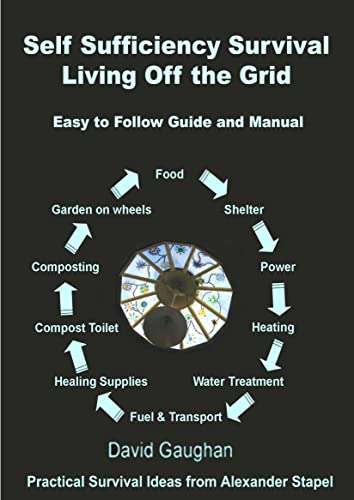
Off-Grid Living and Financial Management
Once you have established your off-grid setup, effectively managing your finances is essential for long-term sustainability.
Reducing Monthly Expenses
Living off the grid inherently comes with reduced monthly expenses. By eliminating or minimizing utility bills, such as electricity and water, you can significantly reduce your overall living costs. However, it is important to remain mindful of your consumption habits and identify areas where further cost reductions can be made. Implementing energy-efficient appliances, practicing water conservation, and reducing unnecessary expenditure can contribute to a more frugal and sustainable off-grid lifestyle.
Minimizing Water and Energy Consumption
Conserving water and energy is integral to successfully live off the grid. Implementing water-saving techniques, such as low-flow fixtures, rainwater harvesting, and greywater recycling systems, can effectively minimize water consumption. Similarly, prioritizing energy-efficient appliances and conscious energy usage habits can significantly reduce your energy consumption. Monitoring and adjusting your consumption patterns over time will allow you to fine-tune your off-grid systems and maximize their efficiency.
Implementing Money-Saving Strategies
Living off the grid offers numerous opportunities for implementing money-saving strategies. Embrace a DIY mindset, learning new skills that allow you to repair or build essential components yourself. By doing so, you can save money on labor costs and have a greater understanding of your off-grid systems. Additionally, consider exploring bartering or trading networks within your off-grid community to exchange goods and services, reducing the need for monetary transactions.
Creating a Sustainable Food Source
Food is another significant expense to consider when living off the grid. By establishing a sustainable food source through gardening, livestock farming, or foraging, you can significantly reduce your reliance on external food sources and eliminate the need for expensive grocery bills. Cultivating a diverse vegetable garden, raising chickens for eggs, or embracing permaculture practices can ensure a constant supply of fresh and organic food, further enhancing your self-sufficiency.
Stay tuned for the next part of this article to learn more about building a frugal off-grid lifestyle, overcoming challenges, and maintaining off-grid systems.
